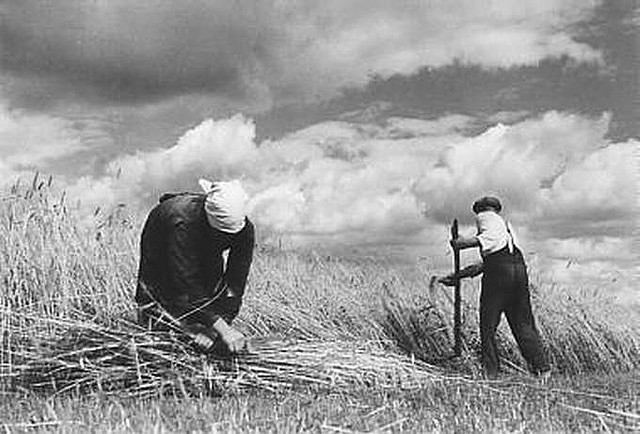"Kaliningrad, which...was home to philosopher Immanuel Kant, still exudes Germanic history, despite having served as a closed military area in Soviet times."
(Gabrielle Tetrault-Farber, Moscow Times)
Two years ago the question was posed in the Moscow Times: "If Russia gets the Crimea, should Germany get Kaliningrad?" The latter, originally Koenigsberg, was the capital of East Prussia for about 700 years until 1945 when the Potsdam Agreement carved up Germany, ceding the area to Russia. The former was part of the Soviet Union until Khrushchev annexed it to the Ukraine in 1954. While only about 8 % of Kaliningrad's population remains German (originally it was close to 100%), a significant percentage of the Crimea remains Russian. Judging by the numbers, then, Russia has more of a claim to the Crimea than Germany does to Kaliningrad.
This map explains why Russia invaded the Crimea in 2014 courtesy http://www.businessinsider.com/this-map-explains-why-russia-is-invading-crimea-2014-3.
However, as the writer of the Moscow Times article points out: "Kaliningrad, which...was home to philospher Immanuel Kant, still exudes Germanic history, despite having served as a closed military area in Soviet times" (http://www.themoscowtimes.com/news/article/if-russia-gets-crimea-should-germany-get-kaliningrad/496558.html). Professor David Blatt weighs in on the subject by remarking that, given Germany's history of aggression in the two World Wars, "I do not think Germany would ever propose such an idea..." However, stranger things have happened in politics: it cannot be ruled out.

The former Koenigsberg was the capital of East Prussia, Germany; now it is Kaliningrad, Russia courtesy https://emergingequity.files.wordpress.com/2015/06/kaliningrad-map.jpg.
Like Germany, my husband's Oma, who lived to the ripe old age of 96, never tried to make a claim on her homeland. She could have easily fixated on the fact that she owned a prosperous farm in East Prussia that was violently taken from her, that she was entitled to get it back. She deserved to live there, not the Russian family that now called it home.

East Prussian farmers in field courtesy https://justice4germans.files.wordpress.com/2013/08/east-prussia-farmers-in-field.jpg.

Boat on the Pregel River in Koenigsberg circa 1912, the year after Oma's birth, courtesy https://de.wikipedia.org/wiki/K%C3%B6nigsberg_(Preu%C3%9Fen).
No comments:
Post a Comment